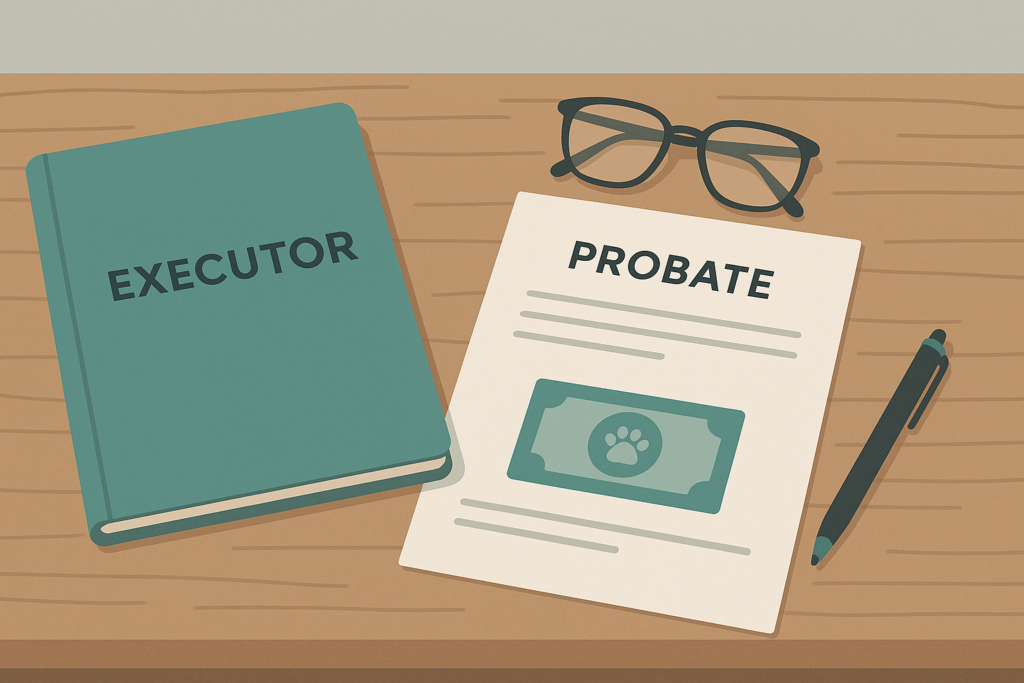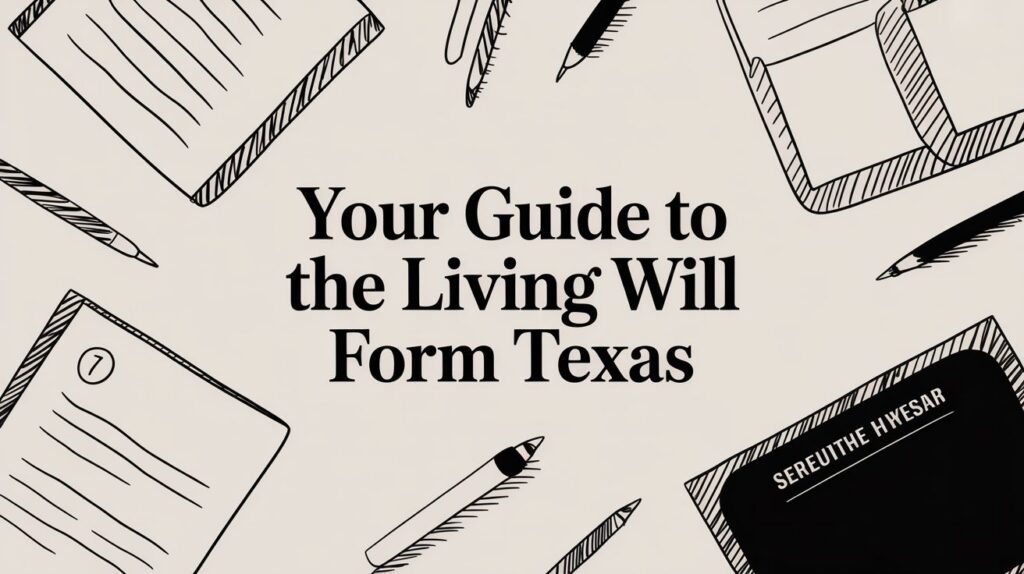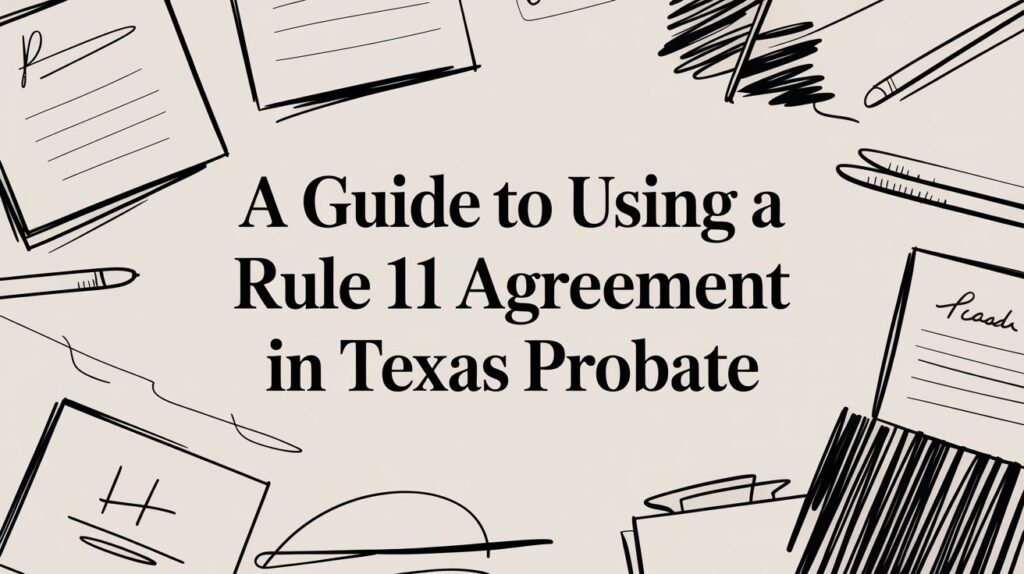If you’ve recently lost your husband or wife, you may be asking yourself: can you distribute money without probate in Texas after a spouse passes? It’s a tough question, and the answer isn’t always simple—but it’s one of the most important ones to get right. Probate in Texas can be time-consuming and emotionally draining, especially during a period of grief. The good news? In some cases, you absolutely can distribute assets without probate. The not-so-good news? It depends heavily on how the estate was structured.
In this in-depth guide, we’ll explore everything fromcommunity property rules and payable-on-death accounts to real-life stories where surviving spouses were able to skip probate altogether—and times when they couldn’t. By the end, you’ll have a clearer understanding of when probate is necessary and when Texas law provides workarounds.

Understanding the Basics of Probate in Texas
Before diving into the question—can you distribute money without probate in Texas after a spouse passes—you need a basic understanding of what probate actually is. Probate is the legal process by which a deceased person’s estate is settled. That includes proving the validity of the will (if there is one), paying off debts and taxes, and distributing the remaining assets to heirs. Without initiating this legal process, certain assets may remain frozen or inaccessible, delaying closure for loved ones.
In Texas, probate is governed by the Texas Estates Code, which lays out different types of probate procedures: full administration, independent administration, muniment of title, and small estate affidavits. Some are complex. Others, not so much. But all serve the same purpose—transferring ownership legally. Understanding which type of probate applies to your situation is essential in determining how easily assets can be distributed.
Real-Life Example: When a Wife Avoided Probate Entirely
Let’s talk about Amanda, a teacher from Plano, Texas. Her husband Mark passed away unexpectedly. Mark had a modest estate: a joint checking account with Amanda, a car titled in both their names, and a life insurance policy listing Amanda as the sole beneficiary. They had no children.
Amanda feared she’d have to go through the court process to access anything. But with proper documentation and some helpful legal advice, she was able to transfer all assets without filing a single probate document. Why? Because everything was either jointly owned or had a designated beneficiary.
So yes—in many cases, you can distribute money without probate in Texas after a spouse passes. The secret lies in the details.
The Power of Community Property in Texas
Texas is one of nine community property states in the U.S. That means assets acquired during the marriage are presumed to be jointly owned by both spouses—unless there’s evidence proving otherwise.
Community vs. Separate Property
- Community Property: Includes income earned, retirement accounts built during marriage, and property bought together.
- Separate Property: Includes inheritances, gifts, or anything acquired before the marriage.

So if your spouse passes away and all the assets were community property held in joint accounts or titled jointly, you may be able to access and distribute those assets without going through probate.
However, that only works if:
- There is no dispute among heirs
- There are no creditor claims
- Titles and accounts are properly set up
Payable-on-Death Accounts and Beneficiary Designations
One of the most powerful tools in estate planning—and key to answering “can you distribute money without probate in Texas after a spouse passes”—is thepayable-on-death (POD) or transfer-on-death (TOD) designation.
How It Works
If your spouse named you as the POD beneficiary on a bank account, that money transfers to you automatically upon presentation of the death certificate and ID. No court. No probate.
The same applies to:
- Life insurance policies
- Retirement accounts like IRAs and 401(k)s
- Investment accounts with a TOD designation
Quick Tip
Always double-check these designations. Many couples assume they are listed as beneficiaries—only to find out later that no one was named, or worse, an outdated beneficiary like an ex-spouse is still listed.
When You Can Use a Small Estate Affidavit
Texas law allows you to use a small estate affidavit to bypass probate—if the estate meets certain conditions.
Requirements:
- No will
- Estate is valued under $75,000 (not including the homestead and exempt property)
- No unpaid debts (excluding secured debts like mortgages)
- Heirs can be clearly identified
This tool is commonly used when a surviving spouse is inheriting modest assets—like a small savings account or a used vehicle. Once the affidavit is filed with theprobate court and approved, it acts like a court order, allowing institutions to release funds.
Real-World Example
Ben’s wife, Linda, died with no will and an estate worth around $45,000—including a small savings account and some jewelry. By working with an attorney, Ben filed a small estate affidavit and avoided the full probate process. Within weeks, he gained access to the funds, and all without spending thousands in legal fees.
Using a Muniment of Title in Texas
This is one of the most unique probate shortcuts in Texas—and a critical part of understanding can you distribute money without probate in Texas after a spouse passes. If your spouse left a valid will and had no debts (other than a mortgage), you can use the will as a legal instrument to transfer property without opening a full probate case.
Why It’s Helpful
- You don’t need to appoint an executor
- The process is faster and cheaper
- It works especially well for transferring real estate or vehicles
Courts in Texas have embraced muniment of title as a probate alternative, especially for surviving spouses seeking to transfer title to a home or car.
Important: Timing Matters
You must file the will within four years of death, or the court may reject it entirely. After that, you’ll likely be stuck with intestate succession rules—which may not reflect your spouse’s wishes.
Joint Tenancy with Right of Survivorship
Texas generally avoids “joint tenancy with right of survivorship” unless it’s clearly stated. This differs from many other states where joint ownership automatically passes to the surviving owner. In Texas, without explicit survivorship language, jointly titled assets may still be subject to probate court oversight.
So if your bank account, vehicle title, or deed doesn’t specify “with right of survivorship,” you may still need probate—even if it’s jointly owned. This is one of the most misunderstood traps when people assume they can distribute money without probate in Texas after a spouse passes. The assumption often leads to delays, disputes, and unexpected legal expenses during an already difficult time.
Always confirm ownership language on deeds and accounts. A DWI attorney won’t help here—but a probate lawyer definitely will. Clarity in legal documentation today can prevent confusion and court involvement tomorrow.
Intestate Succession and Its Pitfalls
If your spouse died without a will—and without proper beneficiary designations—you may have to distribute assets through Texas intestate succession laws. These rules don’t always align with common sense or family intentions. Relying solely on state statutes can unintentionally disinherit the people your spouse meant to protect.

Who Inherits What?
If the deceased had children from a previous relationship, the surviving spouse may only inherit a portion. The remaining portion may be divided among biological or adopted children from the earlier relationship, even if those relationships were strained or distant.
If there were no children, the surviving spouse might inherit everything—but only if the property was community property. Separate property, such as assets acquired before marriage, could still pass to parents or siblings of the deceased.
Intestate rules can be especially tricky for blended families. This is when probate becomes necessary—not optional. Without a clear will, disputes can arise quickly, often turning emotional loss into prolonged legal battles.
What If There’s a Revocable Living Trust?
Ah, the holy grail of probate avoidance—the revocable living trust. If your spouse created a trust and transferred their assets into it during their lifetime, then the successor trustee (often the surviving spouse) can distribute assets without probate.
Trust Advantages
- Skips probate entirely
- Keeps distributions private
- Avoids court oversight
- Transfers can begin almost immediately
Caution
A trust only works if assets were funded into it. Simply having a trust document doesn’t mean assets are covered. You must transfer titles, deeds, and accounts into the trust’s name.
When Probate Is Unavoidable
Despite all these tools, sometimes probate is necessary—especially when:
- There are contested wills
- No beneficiaries were named
- The estate includes solely-owned real estate
- The title of an asset is unclear
Even then, probate in Texas isn’t always as scary as it sounds. With the right attorney, most probates are handled as independentadministrations, which means less court involvement, faster timelines, and more flexibility.

Final Thoughts: Planning Ahead to Avoid Probate
So, can you distribute money without probate in Texas after a spouse passes? Absolutely—if the estate is set up properly. The real key lies in thoughtful and proactive planning. That means establishing joint accounts that include the right of survivorship, ensuring beneficiary designations are clear and up to date, creating and properly funding a revocable living trust, and routinely reviewing and updating all estate planning documents. Avoiding probate is entirely possible in Texas, but it doesn’t happen by accident. It requires deliberate preparation. The more intentional you are in organizing your affairs, the smoother the process will be for your surviving loved ones.








